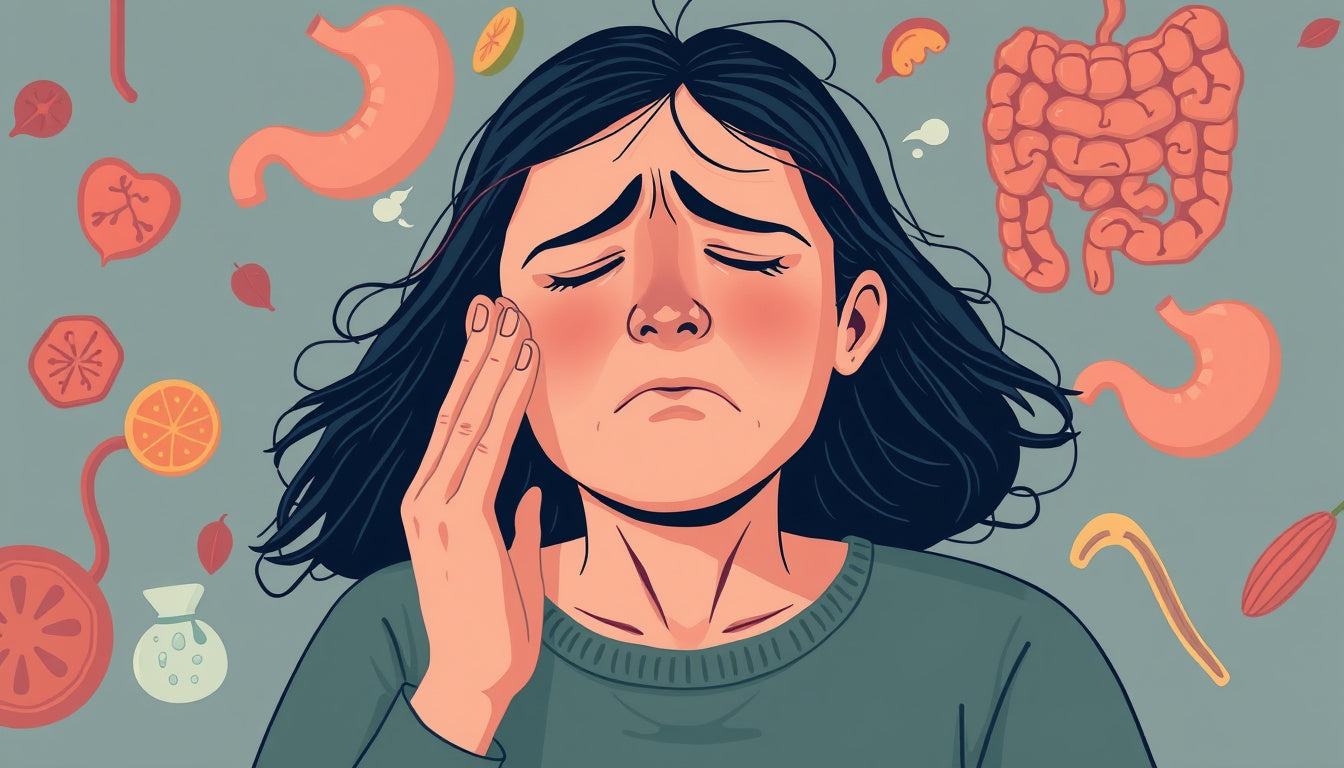
Unveiling the Hidden Symptoms of Low Bile: Are You Suffering from Bloating and Nausea?
Bile plays a crucial role in digestion, especially when it comes to breaking down fats. Yet, many people experience symptoms caused by low bile production but remain unaware of the underlying issue. Understanding these hidden symptoms can help you take control of your digestive health and improve your well-being.
What Is Bile and Why Is It Important?
Bile is a digestive fluid produced by the liver and stored in the gallbladder. Its primary function is to emulsify fats in the small intestine, making it easier for your body to absorb essential fatty acids and fat-soluble vitamins. Without adequate bile, fat digestion becomes inefficient, leading to a spectrum of digestive issues.
Recognizing the Symptoms of Low Bile
Identifying low bile production can be challenging because the symptoms often resemble other digestive disorders. Here are some common signs indicating your bile levels might be insufficient:
1. Intolerance to Fatty Foods
One of the earliest signs of low bile is difficulty digesting fats. If you notice increased bloating, discomfort, or indigestion after consuming fatty meals, it may signal that your body isn't producing enough bile to break down fats effectively.
2. Changes in Stool Appearance and Behavior
Low bile can affect stool color and consistency. Watch for:
- Pale, light-colored, or even grayish stools
- Floating stools, which indicate excess fat in the digestive tract
- Stools leaving skid marks in the toilet—a sign of fat malabsorption
These changes occur because bile gives stool its characteristic brown color and helps in breaking down fats.
3. Lack of Satiety After Eating
Bile also plays a role in signaling fullness to your brain. When fat isn't properly digested, your body might fail to recognize that you've eaten enough, causing you to feel unsatisfied or hungry shortly after a meal.
4. Common Digestive Discomforts: Bloating, Burping, and Nausea
Indigestion symptoms such as bloating, excessive burping, belching, and nausea often accompany low bile levels. Since bile facilitates fat digestion, its deficiency can slow down digestion and cause these uncomfortable symptoms.
Why Does Low Bile Occur?
Several factors can contribute to low bile production or poor bile flow, including:
- Gallbladder removal or dysfunction
- Liver diseases affecting bile production
- Blockages in bile ducts
- Poor diet low in healthy fats
- Chronic stress or hormonal imbalances
If you experience the symptoms mentioned, it’s advisable to consult a healthcare professional to determine the underlying cause.
Improving Digestive Health and Bile Production
To support healthy bile production and improve digestion:
- Incorporate healthy fats like avocados, olive oil, and nuts into your diet.
- Stay hydrated to maintain bile fluidity.
- Avoid excessive processed foods that can burden digestion.
- Consider natural supplements that promote bile flow, after consulting with a healthcare provider.
Taking care of your digestive system is essential, as poor bile levels can affect nutrient absorption, energy levels, and overall health.
Conclusion
Bloating, nausea, and other digestive discomforts might be signs of low bile rather than common indigestion. Paying attention to fat intolerance, stool changes, and persistent digestive symptoms can help you recognize this hidden issue early. For those seeking supportive hair and health products that promote overall wellness, including digestive health, exploring specialized products can be beneficial. Learn more about maintaining your health naturally by visiting Watermans.
By understanding and addressing low bile symptoms, you can enhance your digestion, absorb nutrients effectively, and enjoy better health every day.













